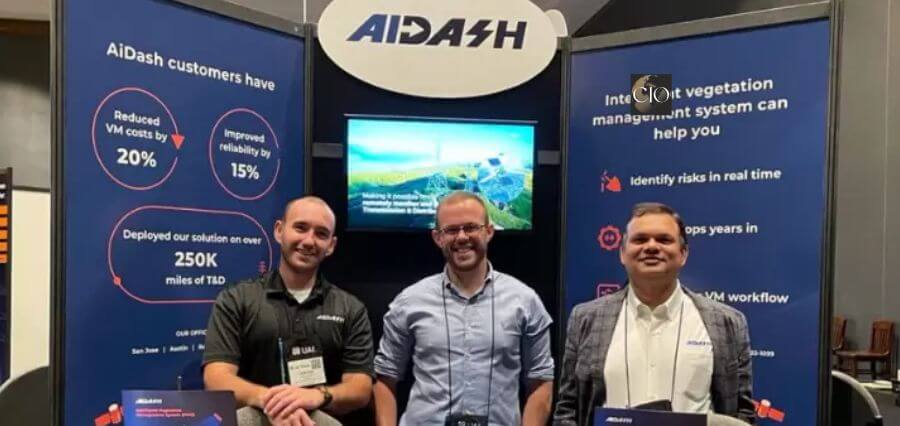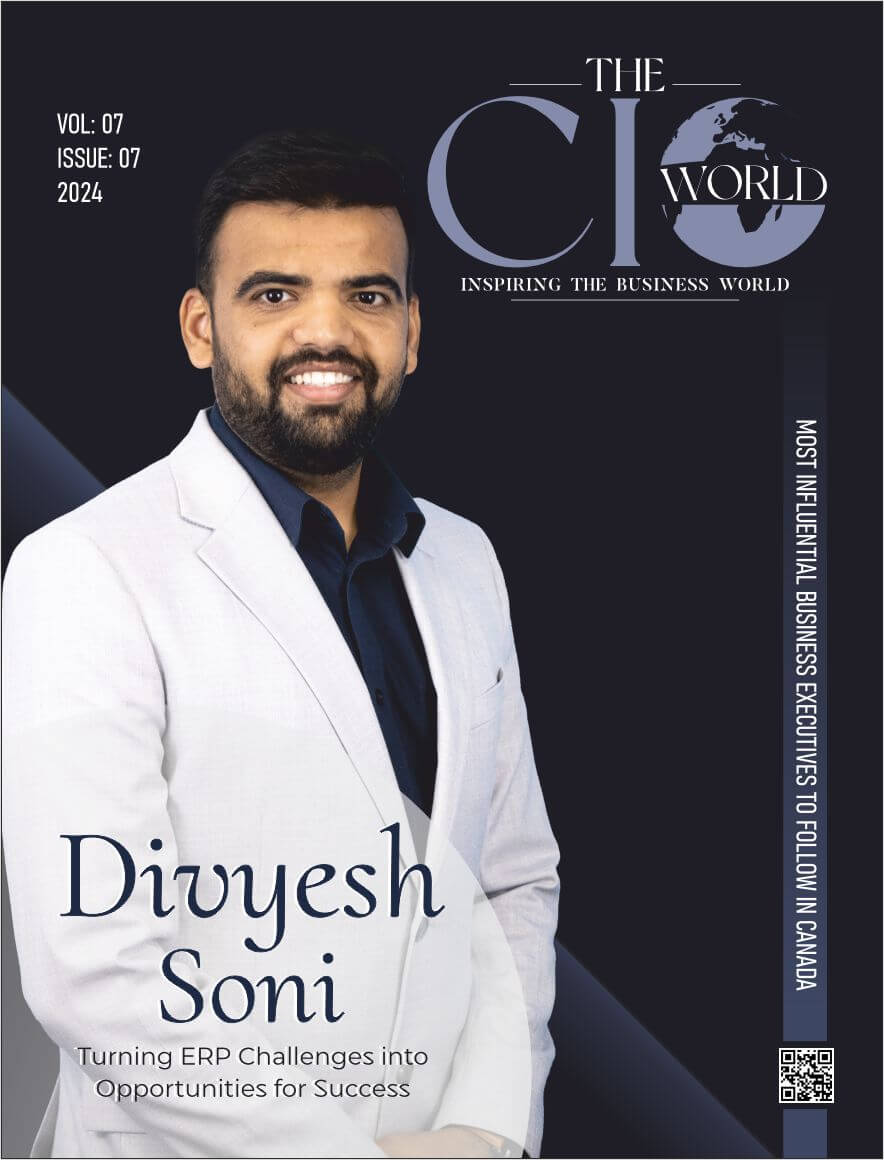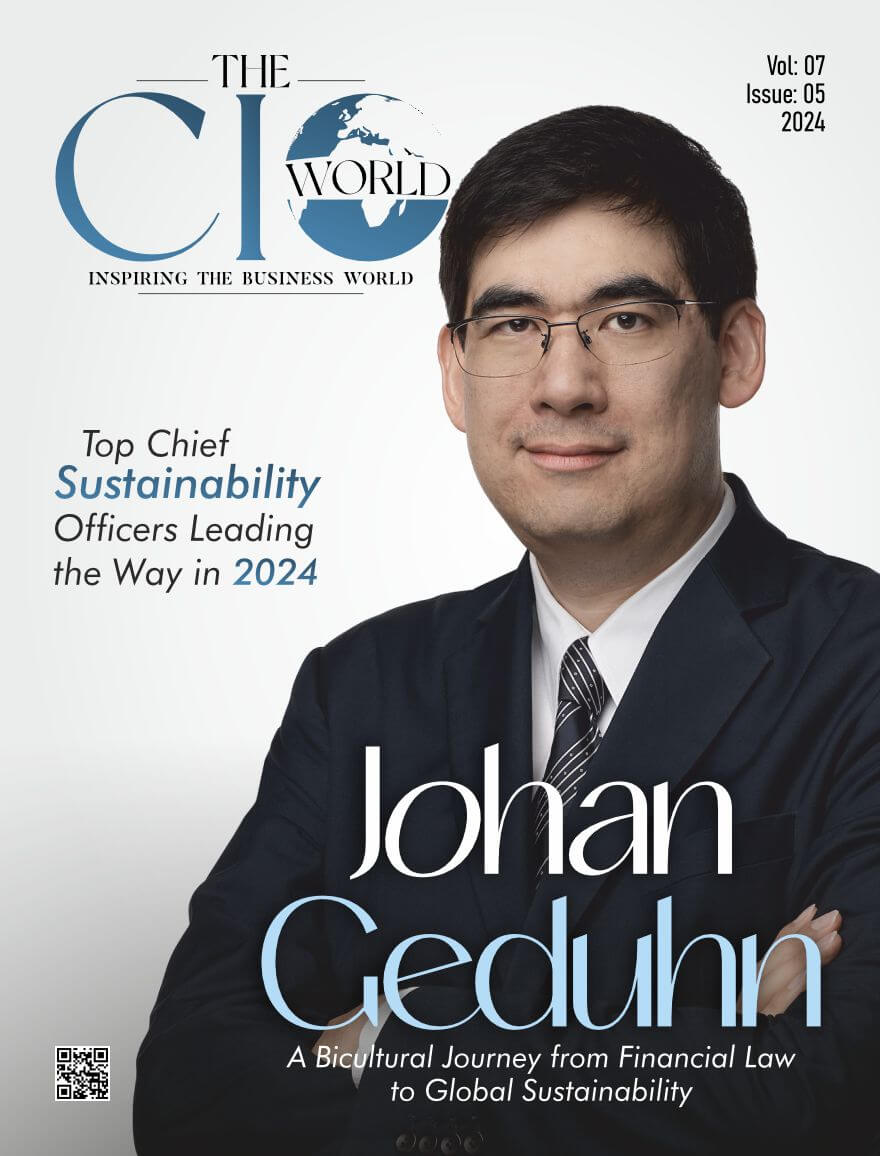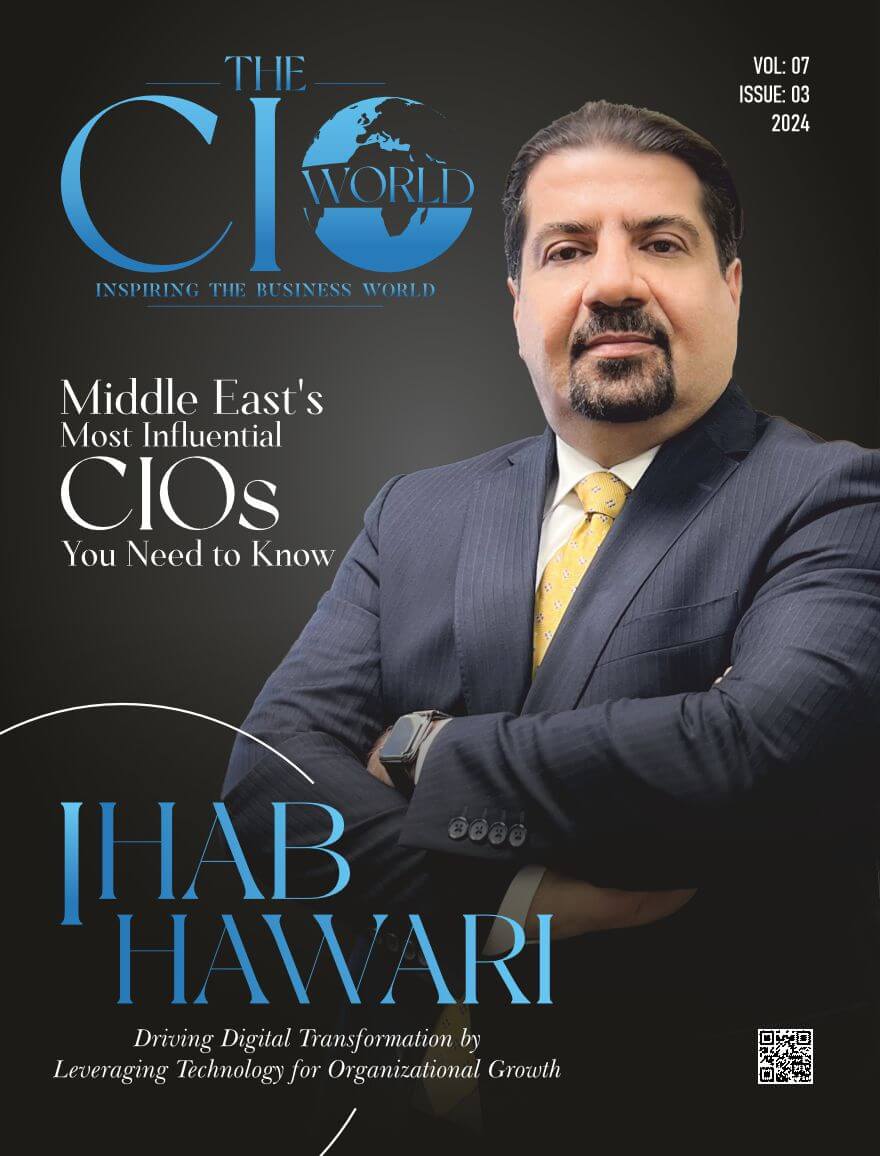In response to demand from new investors, including as Lightsmith Group and Marubeni Corporation, the AI-SaaS startup decided to prolong its Series C round.
The AI-SaaS startup AiDash, which develops sustainable and climate-resilient infrastructure, has revealed the $58.5 million closure of its Series C fundraising round. Lightrock, a worldwide platform for private equity, led the financing. This fundraising round complements the $50 million the company raised in January of this year, which attracted other investors, such as the Japanese corporation Marubeni Corporation and the private equity firm Lightsmith Group.
Participating in the round were Edison International, Duke Energy, and National Grid, a utility investor in North America. The Series C investment also included Tokyo-based Marubeni Corporation and Sabanci Ventures, which focuses on energy and environment technology. Other investors from earlier rounds were also involved, such as Benhamou Global Ventures, Shell Ventures, G2 Venture Partners, and SE Ventures.
The company’s total funding till date stands at $91.5 million. “We are humbled by the interest from global investors and partners in our company’s mission and our satellite-first products,” said Abhishek Singh, Co-founder and CEO of AiDash. “As we prepare for the next 100 years, it is more important than ever to ensure that we have reliable and sustainable infrastructure, and the ability to better predict, prepare, and manage the impact of climate-related events,” he added.
AiDash helps to transform sustainability, upkeep, and operations. Continuous, almost real-time streams of vital data for mining, utilities, and other key industries are made easier to access.
With the help of AiDash, clients may maximize long-term planning and make better judgments.
Reducing expenses, improving dependability, and achieving sustainability objectives are all beneficial.
For More Details: https://thecioworld.com







